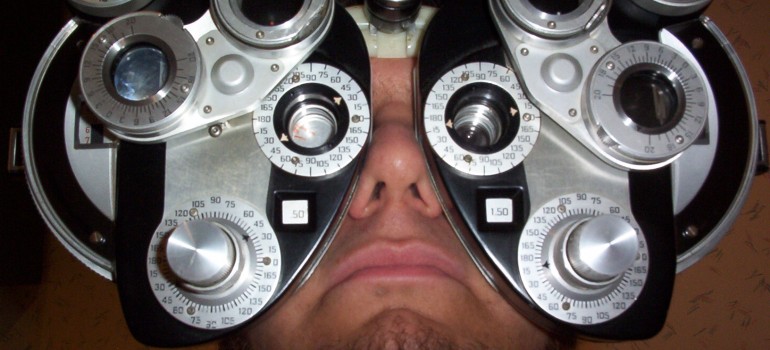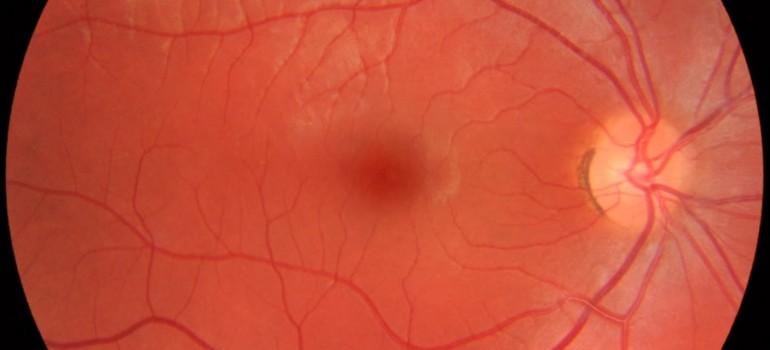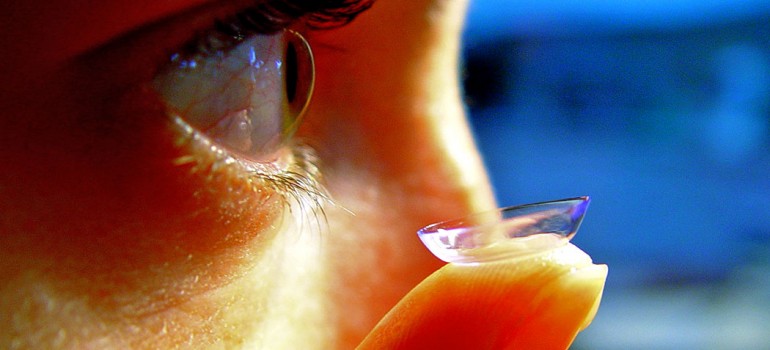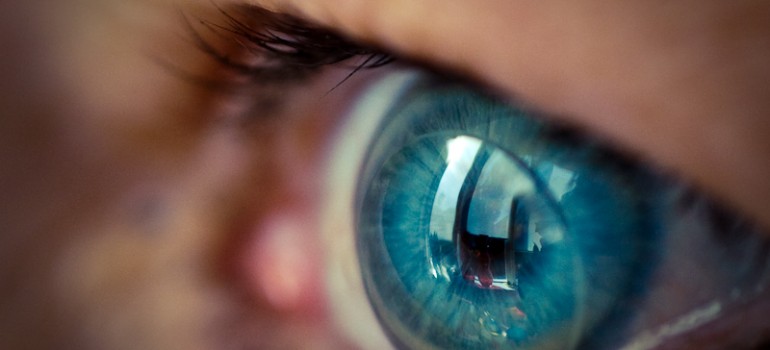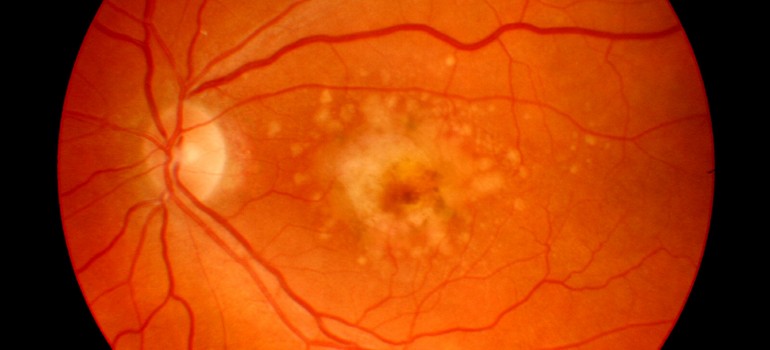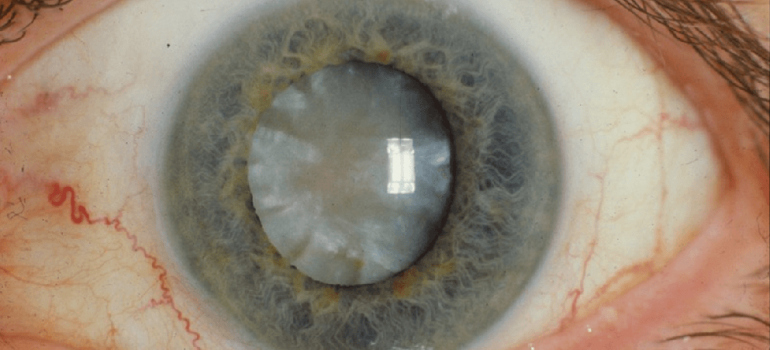
Cataracts
A cataract is simply defined as a haze or clouding of the natural crystalline lens of the eye. They are very common and in the western world, are the most common cause of vision loss in the over 40s. The natural crystalline lens mainly consists of water and protein. It is made up of …
November 4, 2015 Eye Conditions


